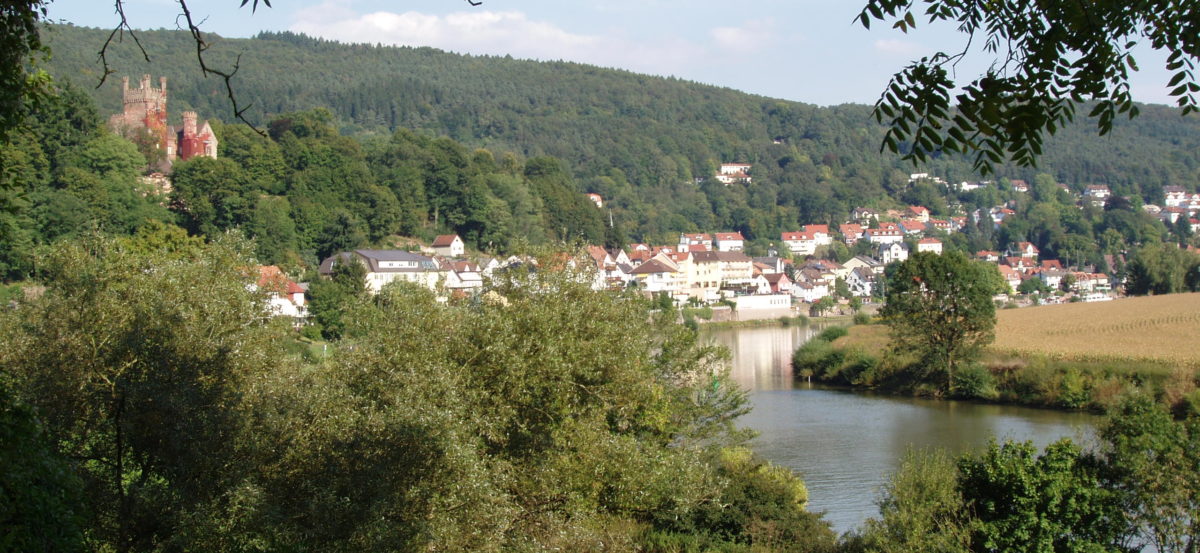When I was growing up in a small town in rural Ohio, in our side yard we had a large Mulberry tree. It served many purposes, but the most important one was that it was first base in our little side yard baseball field. After hitting the wiffle ball, we would race beneath its sheltering branches for safety.
As important as it was to our passions of playing ball, it was later to reveal to us some lessons of life that we did not learn within the game of baseball.
The mulberry tree was a large tree which generated an abundant amount of shade in the heat of summer time. Later, it would yield large blackberry-like fruits that were much larger than blackberries, promising the richness of even larger sweet berries to be enjoyed.
These large, juicy berries promised all the joys of desire… juiciness, sweetness, abundance… for the tree was loaded with these berries in autumn.
As children, our Grandma Maugel, would go out to her fence row and pick blackberries for us to enjoy. Though sweet, these were small, sometimes seedy, and not anywhere near as enticing as these large juicy mulberry fruits, though they may have looked similar.
In some ways, it was a rite of passage in our family, to introduce the younger members to their first taste of mulberries. Having been raised on my grandmother’s sweet and delicious backberries, these mulberries looked to one like “super berries”… certainly larger and juicier than blackberries.
So it was that we would place a small bowl full of mulberries in a dish and add a little milk. Everyone would stand around to watch the youngest member of the family dig in with a full mouthful of mulberries with the expectancy of a explosion of sweetness and juiciness.
But mulberries have a personality of their very own. They can be very tart and sour, despite looking sumptuous. Much laughter was enjoyed by the family as they witnessed the younger member wrinkling up their face in surprise with the sourness and tartness of the mulberries. For some that was the last taste of mulberries in their entire life!
Nature has a way of teaching us life lessons. Those things which are small and unattractive can be the sweetest and most nourishing of all. To the contrast, those things which are the largest and most promising, can result in the most disappointing and unforeseen harsh consequences.
Many philosophers and sages have expressed their opinions of life, it’s attractions, and it’s consequences. But I would say that none more eloquently than the lesson of the Mulberry tree.
LEM
